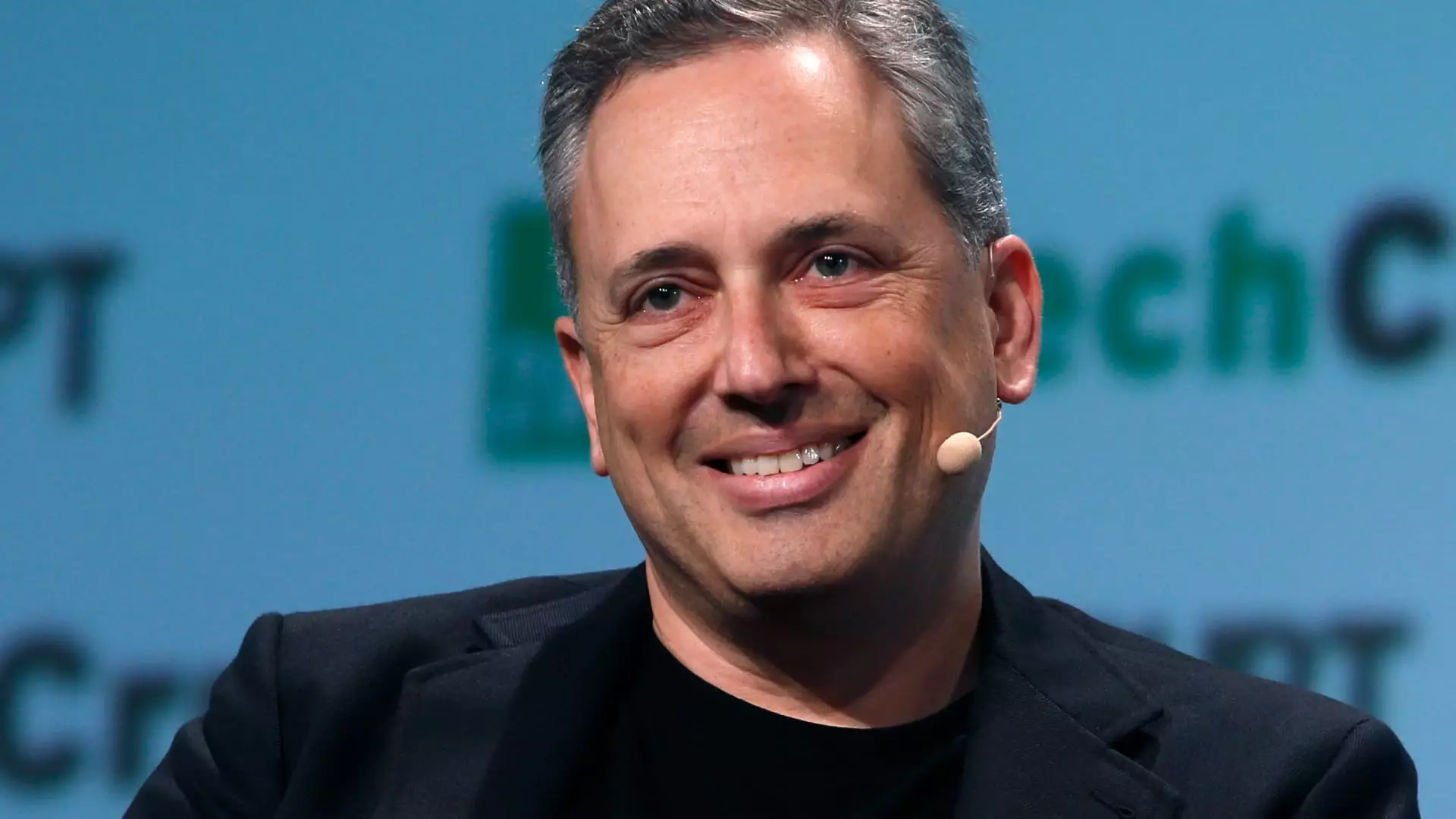In a surprising turn of events, venture capitalist and prominent podcast host David Sacks has been appointed as the “White House A.I. & Crypto Czar” by President-elect Donald Trump, marking a significant shift in political alliances in Silicon Valley. This announcement, made via Trump’s Truth Social platform, suggests a vivid intertwining of technology and politics, where Sacks’ expertise is expected to play a pivotal role in shaping the administration’s strategies surrounding artificial intelligence and cryptocurrency.
As the newly minted czar, Sacks will take charge of establishing a robust legal framework for cryptocurrency regulations and will oversee a presidential advisory council dedicated to science and technology initiatives. The emphasis on maintaining America’s status as the global leader in these sectors reveals a commitment to innovation and regulatory clarity that many in the tech community have long sought. Trump’s words underline an intention to protect online Free Speech while opposing Big Tech’s perceived biases and censorship, a stance that resonates with numerous cryptocurrency advocates who often see themselves at odds with the mainstream tech giants.
Sacks’ appointment represents not only a personal victory for him but also a broader strategy by the Trump administration to rally Silicon Valley figures who have shown support throughout the campaign. It seems this alliance with controversial figures seeks to solidify a base of support from entrepreneurs and investors who thrive in decentralized technologies. The relationship has crystallized following Sacks’ active engagement in Trump’s campaigns, including hosting fundraisers that drew significant financial contributions, signaling a shift in his political positioning.
This U-turn from previous critiques of Trump following the events of January 6, 2021, brings to light the complex nature of political endorsements in the tech world. Back then, Sacks publicly condemned Trump for his role in the Capitol riot, suggesting he had forfeited his viability as a candidate. However, as the political landscape evolved, Sacks’ rebounding support suggests a pragmatic approach to align with a figure who can influence crucial technological and economic policies.
David Sacks, notably known for selling Yammer to Microsoft for a staggering $1.2 billion in 2012, has made significant strides in the tech space, often being associated with the so-called “PayPal mafia.” This network of influential tech figures—including icons like Elon Musk and Peter Thiel—has historically demonstrated a unique ability to pivot in the face of shifting political winds. Their collective experiences have not only forged paths to immense wealth but have also shaped Silicon Valley’s landscape by interlinking technology and policy-making.
In this chapter of his career, Sacks’ host role in the “All-In” podcast alongside fellow venture capitalists reflects a sustained influence in tech discussions. The podcast has become a platform for discussing pressing issues within the tech ecosystem, with Sacks’ new role likely to provide an avenue for broader national dialogues on AI and cryptocurrency.
Under Sacks’ guidance, the administration’s direction in AI and cryptocurrency will be closely monitored by both supporters and critics alike. The expectation to erect a legal framework that supports innovation while attempting to mitigate regulatory hinderance is a tall order. How he balances the intricacies of free speech, technological advancement, and regulatory responsibilities will significantly shape the legacy of this administration’s tech policies.
In this new venture, Sacks holds the responsibility of not just elevating the United States to a prominent position in the global tech economy, but also addressing the ethical and operational challenges that come with rapid technological adoption. As Sacks embarks on this multifaceted role, it remains to be seen how his past criticisms and newfound support for Trump will influence his agenda and overall effectiveness in safeguarding America’s emerging sectors.


Leave a Reply
You must be logged in to post a comment.